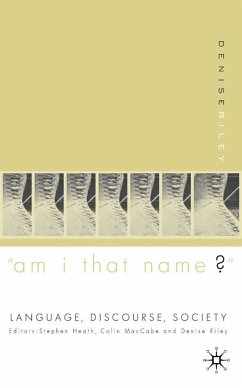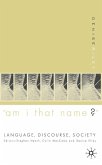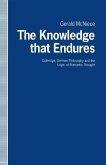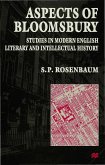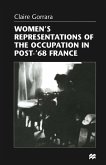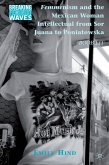Writing about changes in the notion of womanhood, Denise Riley examines, in the manner of Foucault, shifting historical constructions of the category of "women" in relation to other categories central to concepts of personhood: the soul, the mind, the body, nature, the social. Feminist movements, Riley argues, have had no choice but to play out this indeterminacy of women. This is made plain in their oscillations, since the 1790s, between concepts of equality and of difference. To fully recognize the ambiguity of the category of "women" is, she contends, a necessary condition for an effective feminist political philosophy.
'A classic of feminist intellectual history. Am I That Name? is a sort of Anglo-American end of innocence for anyone who tries to speak of 'women.' Riley makes the word run, since she cannot make it stand still. She offers a history of how feminism has faced its paradoxical core.' - Voice Literary Supplement
Essential reading for philosophers, historians, and feminist theorists.' - History Review of Books
Essential reading for philosophers, historians, and feminist theorists.' - History Review of Books

